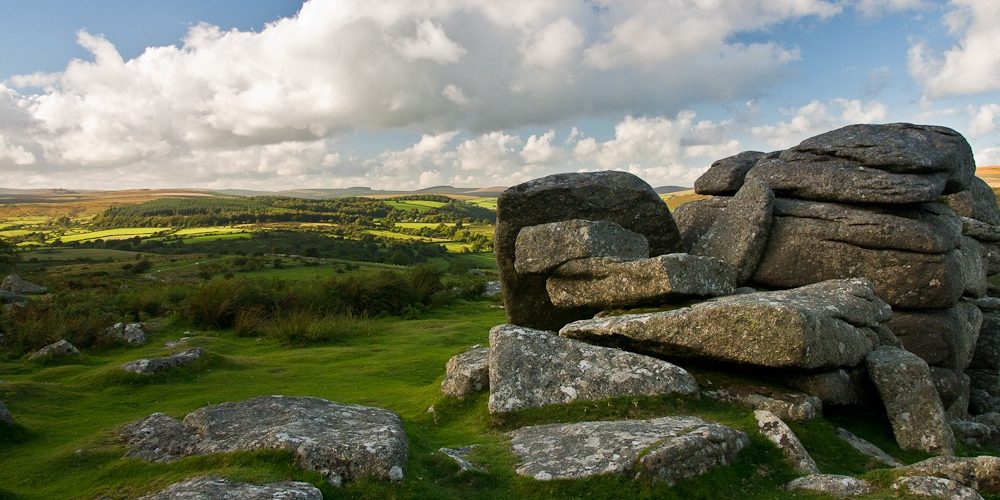Climate News: Supreme Court rejects millionaire landowners’ attempt to outlaw wild camping on Dartmoor
The Supreme Court has unanimously ruled that wild camping is now legal on Dartmoor in Devon, securing the financial future of the national park and emboldening land access campaigners.
This brings an end to a long-running series of court cases which began when multimillionaire landowners Alexander and Diana Darwall sought to ban wild camping on their 4,000-acre estate. They were opposed by the Dartmoor National Park Authority (DNPA) and campaigners.
The ruling, made on 21 May, hinged on an interpretation of the 1985 Dartmoor Commons Act, which stipulates: “The public shall have a right of access to the commons on foot and horseback for the purpose of open-air recreation.”
The fact that one wealthy landowner, Alexander Darwall, was able to temporarily remove a right that belonged to everyone demonstrates how England’s system of access is utterly broken
Guy Shrubsole, Right to Roam Co-founder
The Court determined that the definition of “open-air recreation” was “wide” and therefore included wild camping, rejecting the Darwalls’ argument that only walking and horseback riding were permitted. Lords Sales and Stephens said that this limited interpretation would make “no sense”.
Concerns about environmental damage from camping were also rebutted, with the Court noting that restrictions have already been imposed by the 1949 National Parks Act.
The DNPA’s million-pound legal expenses, which could have endangered the park’s finances if the Court had ruled against it, will likely be paid by the Darwalls.
Dr Kevin Bishop, the chief executive of the DNPA, expressed his relief at the ruling and said: “The judgement reaffirms our long-held belief for the public’s right to backpack camp on certain commons and, importantly, our role in regulating and managing that access.”
Bishop suggested that the government should “look at lessons that can be learnt from the Dartmoor case before they publish the forthcoming Green Paper on access to nature and the countryside”.
Following the ruling, backbench Labour MPs have renewed calls for a national right to roam act
Guy Shrubsole, author and co-founder of the Right to Roam campaign, said that it is “very unusual and odd that Dartmoor is the only place in England, Wales, where you can legally wild camp”. He added: “The fact that one wealthy landowner, Alexander Darwall, was able to temporarily remove a right that belonged to everyone demonstrates how England’s system of access is utterly broken.”
The Darwalls were “disappointed” at the result and said: “Our aim from the outset was to protect and preserve Dartmoor, its flora and fauna […] Hollowing out the role of landowners and farmers will not improve the vitality of the Dartmoor Commons.”
Following the ruling, backbench Labour MPs have renewed calls for a national right to roam act, a policy which Labour had shelved in the face of lobbying from landowners’ groups such as the Country Land and Business Association and the Countryside Alliance.
Wild camping has been legal in Scotland since the Land Reform Act was passed in 2003. Most of England’s land – around 92% – is inaccessible to the public, with much of the remaining 8% being entirely enclosed by private land.

Comments